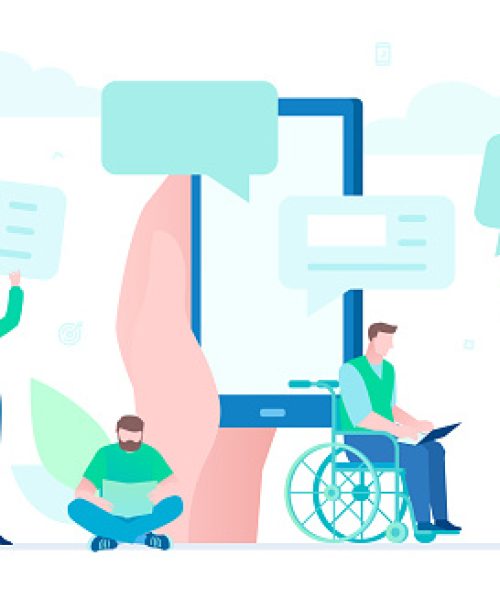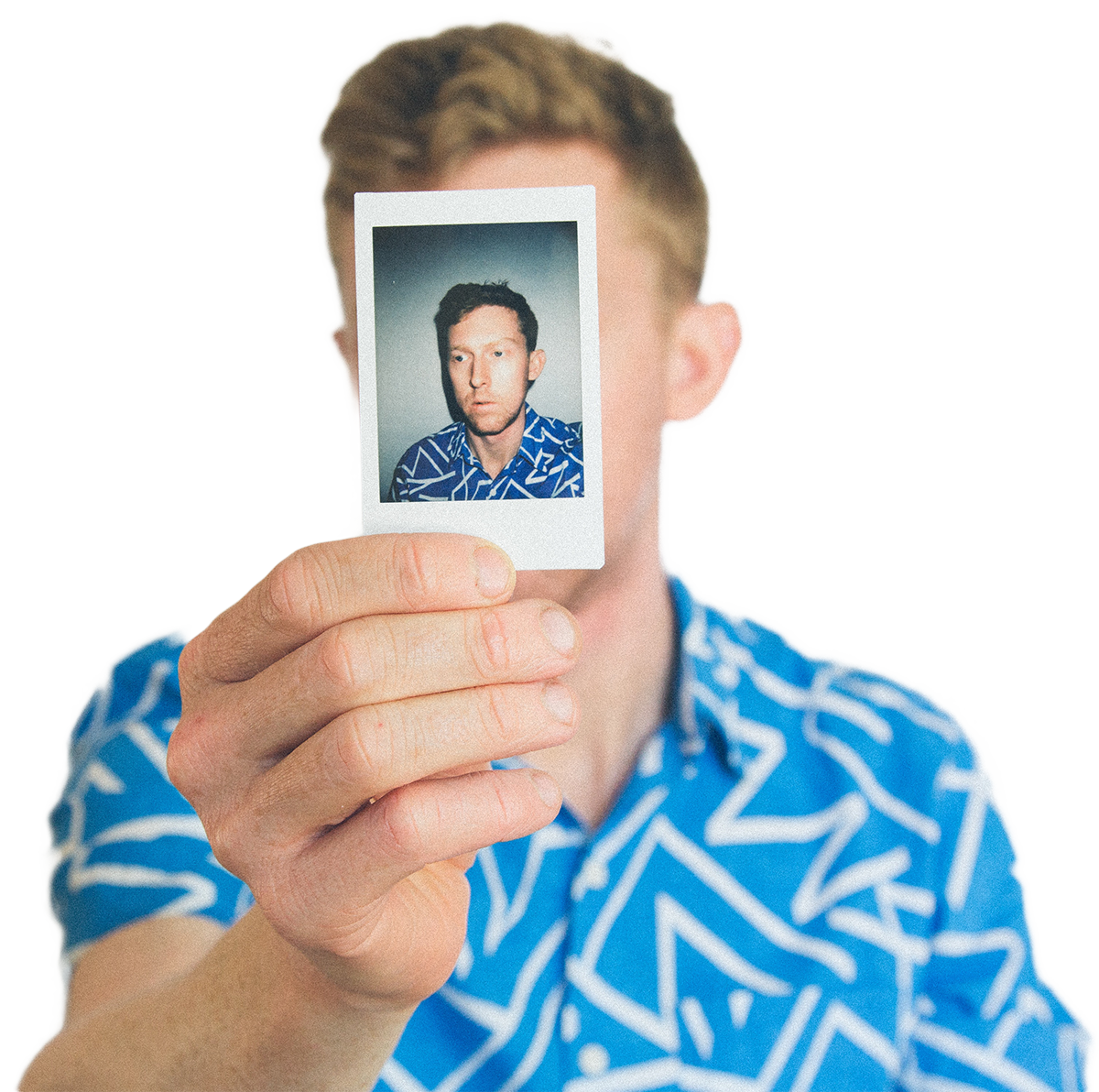Center For Learning Excellence
Your Academic Success, Our Priority
CLE's Inclusion Program accommodates students with documented cognitive-based learning difficulties such as Dyslexia, Dyscalculia, or ADHD/ADD to promote equity in the community. CLE provides the students with a link to supportive staff, faculty across campus, and accommodations that could include in-classroom assistance in collaboration with professors, extra time to complete assignments and exams, and one-to-one proctoring.
Learning Difficulties
Learning difficulties or disabilities refer to the conditions that are often the result of a cognitive disorder and may affect an individual’s potential to acquire knowledge/skills just like their peers. Those learning disabilities can affect people of all ages; however, they are particularly critical for kids that are underway developing essential literacy skills. Students having a particular learning difficulty require specific attention from their professors so they can overcome this obstacle and reach their full academic potential. We must emphasize that “learning difficulty/disability” encapsulates a broad range of conditions. The table below shows some of the most common learning difficulties and their corresponding definitions.

Dyslexia is a specific learning difficulty that is originally neurological. It is associated with difficulty in reading, spelling, writing and poor decoding abilities.
ADHD is a syndrome that affects an individual’s ability to focus, to regulate the activity level (hyperactivity) and impulsivity.
Dysgraphia is a neurological disorder. It refers to the difficulty of an individual to convert the sound of a language into a written format. This learning difficulty may remain undiagnosed until adulthood, since a child’s writing skill develops continuously.
Dyspraxia is a coordination disorder that affects fine motor skills, making it difficult for people to hold a pen or pencil affecting their handwriting. It has some of the same symptoms as ADHD and has been linked to poor planning skills.
Dyscalculia is a math learning difficulty that affects an individual’s ability to understand some math-related concepts, perform calculations and develop problem solving skills. People with dyscalculia are often characterized by having difficulties completing work indecently, remembering number-facts.
How can the cle help you?
The purpose of providing accommodation for students with learning disabilities is to ensure a fair assessment as well as an adequate environment that would allow them to enjoy their learning experience to the fullest.
Join Our Program To Benefit From:
Admission process
Get diagnosed
Please refer to the section below for guidance.
Apply
Application form available on Kudos.aui.ma
Confirm
Fill out the form with your valid and complete information.
Interview
After confirmation, sit for a 5-10 min interview with the Inclusion Program Coordinator.
Rules & Regulations
For eligibility to the CLE Inclusion Program, the student must:
01
Provide valid certification of their learning difficulty:
- CLE Inclusion does not assist students with mental health problems and/or physical impairment.
- Students applying to CLE Inclusion without valid certification will automatically be rejected.
- Certification must be from the Health Center or any certified entity/specialist.
02
Apply through kudos.aui.ma:
- The student must register their information as requested on the form.
- The student must specify their best learning conditions as well as any learning difficulties they may face.
- After verification and confirmation, the student must sit through a 5–10-minute interview with the Inclusion Program Coordinator.
03
Student – Professor Guidelines:
- It is the student’s and professor’s duty to notify the CLE about any examination day and time at least 48 hours before it takes place.
- The professor specifies the required testing materials during proctoring.
- A CLE Proctor will be available during the examination period.
- Students must notify CLE before/after dropping a class.
- Students in need of a meeting with the Inclusion Program Coordinator must send an email prior to their arrival at the office.
Exam Proctoring
Students
- Students can only get their exams proctored by the CLE after their professor’s approval.
- Students must inform the CLE of any time changes in their examination.
- Student and instructor must both agree on an alternate timing.
- Electronic devices/Personal belongings are not allowed unless approved by instructor and/or CLE.
- Students will be required to show their cash wallet (ID) and to know their instructor’s name, the course name, and which exam or activity they need to complete.
Professors
- Professors must request a CLE proctor through kudos.aui.ma.
- Exams must be scheduled at least 48 hours in advance; the CLE must be informed of all exam dates and times.
- Professors should provide the CLE with exams at least 3 hours prior to the examination time.
- Only professor-approved testing materials are allowed in the proctoring room.
CLE Proctor
- The CLE proctor must be notified if the student were to have questions.
- All testing materials must be sent/given back to the CLE by proctors as soon as the examination time reaches an end.
- Students should be given a testing-friendly environment by the proctor – based on their needs.
- The exam/quiz/assignment must be proctored in accordance with the professor’s instructions.
- Any difficulties or challenges with administering the exams must be reported by the proctor to the CLE.
F.A.Q
Inclusion Program Procedure
The first step is to fill out the online form on the Kudos platform.
Kudos can be reached through this address: http://kudos.aui.ma/
The Inclusion Team will assess the form and request
documentation from you: medical test results with a diagnosis
and a list of your courses and professors.
After that, the Special Educational Needs coordinator will
generate an individual education plan (IEP) for you that will be
communicated with your professors on a semester basis. Make
sure to provide the team with the names of your new professors
every semester.
If you are only missing one document the team will proceed with
providing support and reaching out to your professors on the
condition that the rest of the documentation is provided ASAP. If you lack documentation it is highly recommended that you undergo diagnostic testing as soon as possible. It should be
advised that these tests take a bit of time and do not offer
immediate diagnoses.
You are not covered by AUI health insurance, however, The
Health Center which is overseen by Dr. Gennoun, works closely
with expert partners in Fes to provide the necessary diagnostic
test with a discounted price for AUI students.
Once you have sent an email to inclusion@aui.ma with the
necessary documents attached and a list of your courses and
professors, you will be contacted within a fortnight at the latest
by the Inclusion Team.
Your point of access
Inclusion Program Coordinator
I’ve learned most of my front end programming skills and some back end programming skills through self-study and the material available here. Fabulous instructors are fantastic, interesting and enabled me to find a good job. Great place to learn!
Zainab Berriane
Email: inclusion@aui.ma

Inclusion program
Where to get diagnosed?
Casablanca
- Dr. Oumaya Belakbil – Docteur en Psychologie Clinique/Psychothérapeute Immeuble Communale Hay Hassani/Angle Route d’Azemmour et Blvd Sidi Abderrahmane/Entree B, 1 er Etage No. 4 Casablanca, Maroc | Tel 0661.71.51.34.47 | DrBelakbil@gmail.com
- Mariam Tahiri, psychologue | 05 22 27 16 01 or 06 54 66 17 41 | mail: m.tahiri.psycho@gmail.com
- Dr. TYAL - Psychiatre – Clinique Des lilas; 88 90 avenue de l’Oasis CASABLANCA | Tél. 05 22 77 66 66
- Hayat Zerelli- Psychologue Casablanca Phone: 06 61 32 74 74 email: hayatzerelli@hotmail.com
Rabat
- Dr. Oumaya Belakbil – Docteur en Psychologie Clinique/Psychothérapeute Immeuble Communale Hay Hassani/Angle Route d’Azemmour et Blvd Sidi Abderrahmane/Entree B, 1 er Etage No. 4 Casablanca, Maroc | Tel 0661.71.51.34.47 | DrBelakbil@gmail.com
- Mariam Tahiri, psychologue | 05 22 27 16 01 or 06 54 66 17 41 | mail: m.tahiri.psycho@gmail.com
- Dr. TYAL - Psychiatre – Clinique Des lilas; 88 90 avenue de l’Oasis CASABLANCA | Tél. 05 22 77 66 66
- Hayat Zerelli- Psychologue Casablanca Phone: 06 61 32 74 74 email: hayatzerelli@hotmail.com
Marrakesh
- Dr. Oumaya Belakbil – Docteur en Psychologie Clinique/Psychothérapeute Immeuble Communale Hay Hassani/Angle Route d’Azemmour et Blvd Sidi Abderrahmane/Entree B, 1 er Etage No. 4 Casablanca, Maroc | Tel 0661.71.51.34.47 | DrBelakbil@gmail.com
- Mariam Tahiri, psychologue | 05 22 27 16 01 or 06 54 66 17 41 | mail: m.tahiri.psycho@gmail.com
- Dr. TYAL - Psychiatre – Clinique Des lilas; 88 90 avenue de l’Oasis CASABLANCA | Tél. 05 22 77 66 66
- Hayat Zerelli- Psychologue Casablanca Phone: 06 61 32 74 74 email: hayatzerelli@hotmail.com
